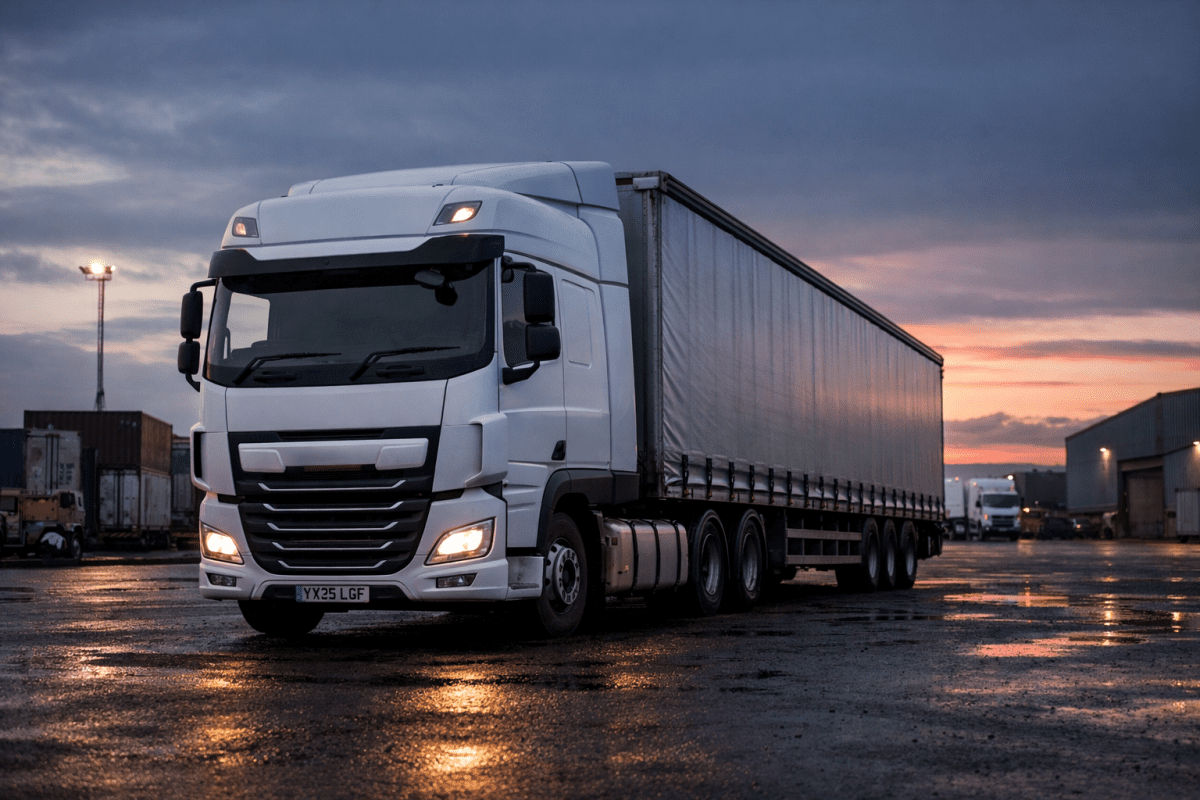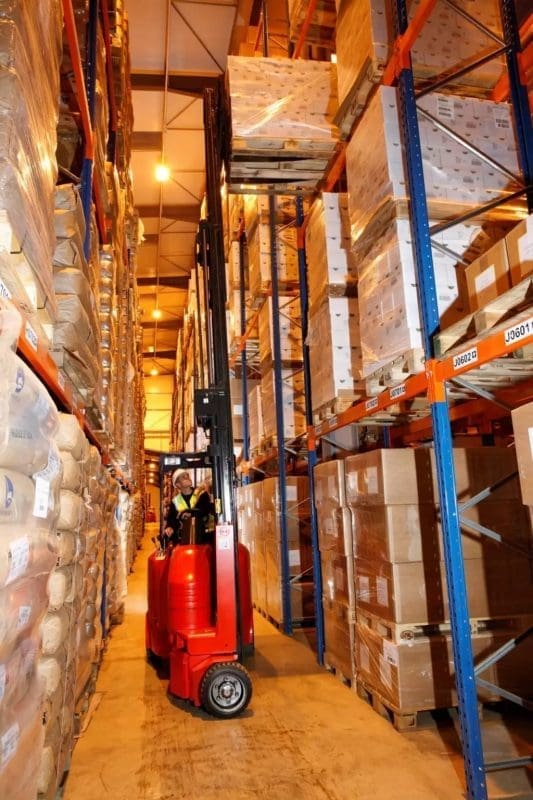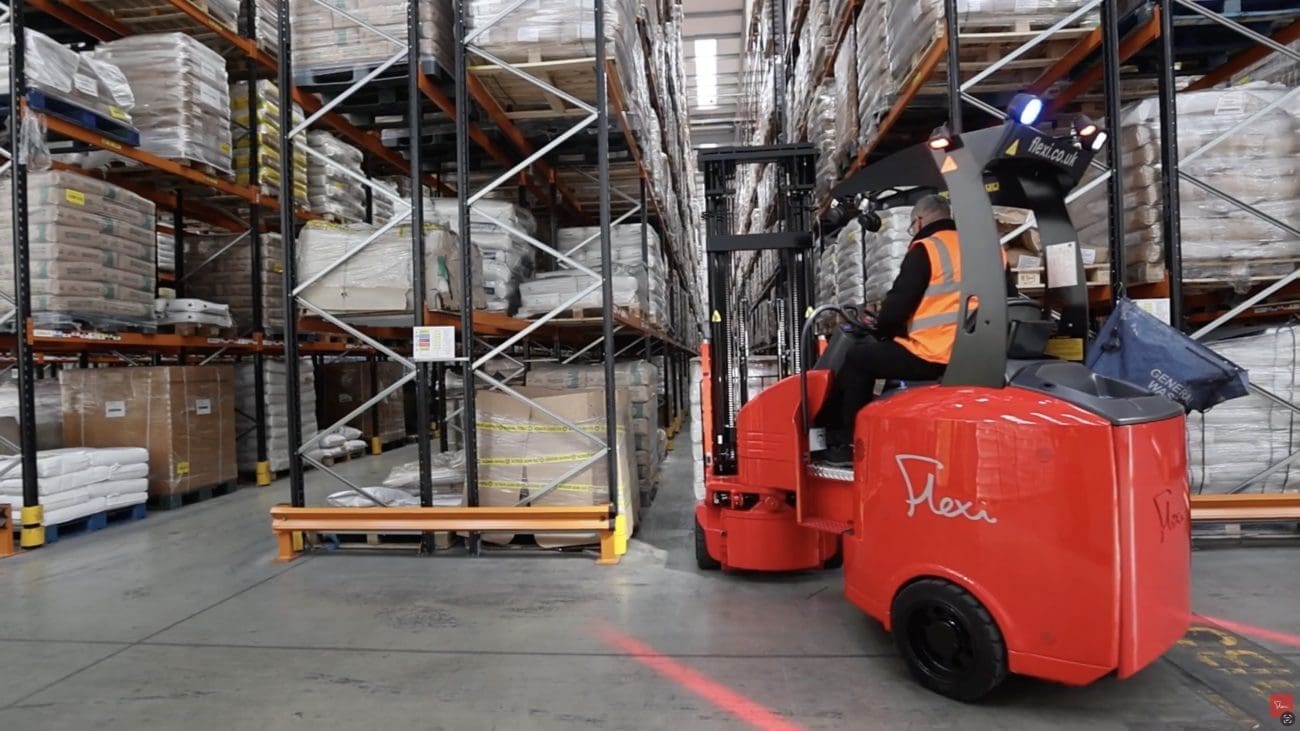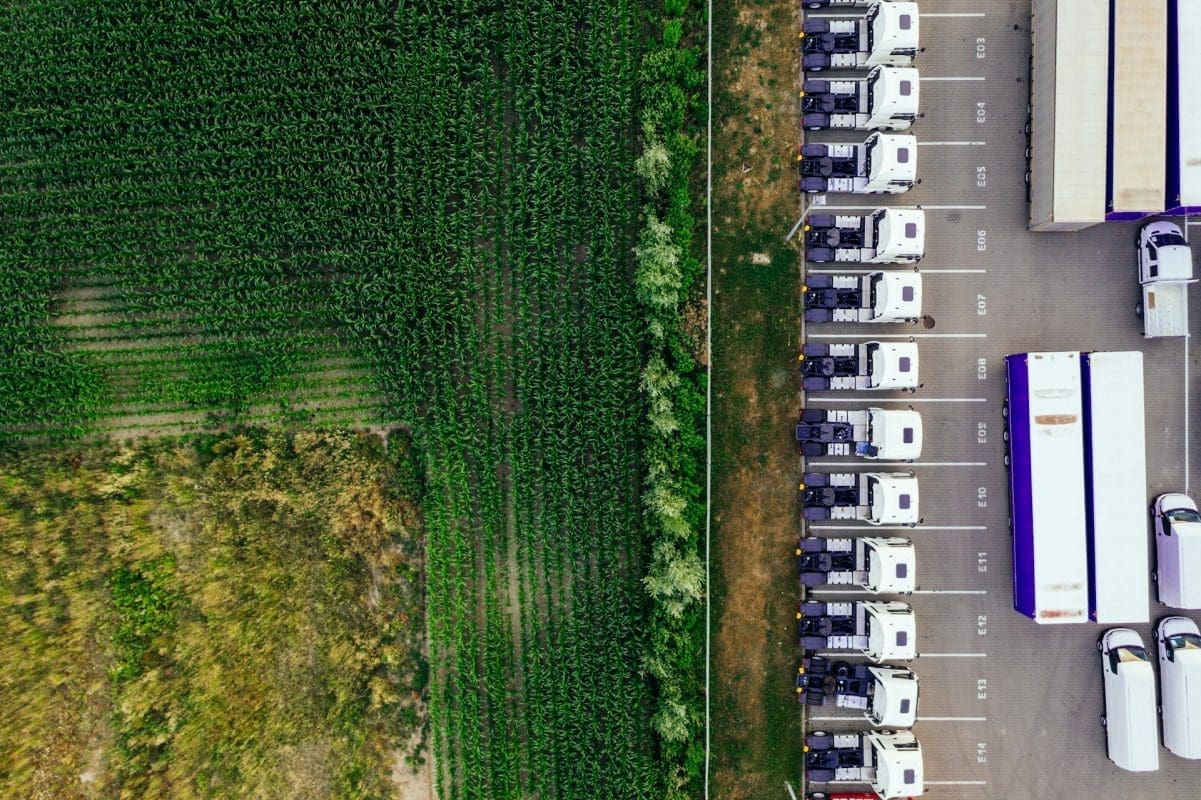- Shop All Documents + Bundles
- FORS V7.1 Document Bundle | Bronze (15 Policies)
- Transport Manager Compliance Pack (10 Policies)
- Transport Manager Compliance Pack (6 Policies)
- Health & Safety Policy Template
- Fuel, Emissions And Air Policy Template
- Operational Security Policy Template
- Serviceability And Roadworthiness Policy Template
- Road Traffic Collision Policy Template
- Counter Terrorism Policy Template
- Load Safety Policy Template
- Vehicle Routing And Scheduling Policy Template
- Driving Standards Policy Template
- Driving Hours Policy Template
- In Cab Technology Policy Template
- Passenger Safety Policy Template
- Complaints And Grievances Policy Template
- Drug And Alcohol Management Policy Template
- Hazard And Risk Identification Policy Template
- VOR (Vehicle Off Road) Policy Template
- Tyre + Wheel Policy Template
- Health & Eyesight Policy Template
- Transport Infringement Policy Template
- Walk Around Check (Defect Check) Tool Box Talk Template
- Transport Manager CV Template
- Social Media Policy Template
- Transport Manager Contract Template
- External Transport Manager Contract Template
- Driver Handbook
Green Initiatives Drive Sustainable Transformation in the Haulage Industry

Renewable energy, alternative fuels, and eco-friendly practices propel the green revolution in logistics
The haulage industry, a crucial component of global trade and commerce, is undergoing a remarkable sustainable transformation as companies prioritise eco-friendly practices to reduce their carbon footprint. With increasing environmental concerns and regulatory pressures, the sector is embracing green initiatives that promote renewable energy, alternative fuels, and sustainable operations.
Renewable energy sources, such as solar and wind power, are becoming a focal point for the haulage industry’s sustainability efforts. Freight companies are investing in solar panel installations on their facilities, enabling them to generate clean energy to meet their power needs. By utilising renewable energy, these companies are reducing their reliance on fossil fuels and decreasing greenhouse gas emissions. Additionally, innovative solutions such as solar-powered charging stations for electric vehicles (EVs) are being deployed to further promote sustainable transportation practices within the industry.
Alternative fuels are emerging as a viable and environmentally friendly option for long-haul transportation. Haulage companies are increasingly adopting biofuels, such as biodiesel and renewable natural gas (RNG), as substitutes for traditional fossil fuels. These renewable alternatives significantly reduce carbon dioxide emissions and other harmful pollutants associated with diesel engines. Moreover, the development of advanced technologies, including hydrogen fuel cells and electric powertrains, is paving the way for a cleaner and greener future in the haulage industry.
To achieve sustainable operations, logistics companies are embracing eco-friendly practices throughout their supply chains. This includes optimising routes to minimise mileage, reducing idle times, and employing advanced vehicle telematics systems to monitor and improve fuel efficiency. Furthermore, the adoption of aerodynamic designs for trucks, the use of low rolling resistance tires, and the implementation of driver training programs focused on eco-driving techniques all contribute to reducing energy consumption and emissions.
The concept of circular economy is gaining traction within the haulage industry as companies seek to minimise waste and promote recycling. Logistics providers are exploring innovative ways to optimize packaging, reduce material waste, and implement reverse logistics processes that enable the reuse and recycling of materials. By integrating circular economy principles, the industry is moving towards a more sustainable model that maximises resource efficiency and minimises environmental impact.
Collaboration among stakeholders is crucial to driving sustainable transformation in the haulage sector. Governments, industry associations, and logistics companies are working together to develop frameworks and initiatives that promote sustainability. This includes incentivising the adoption of green technologies through grants, tax breaks, and research funding. Additionally, certification programs and industry standards are being established to recognise and encourage companies that adhere to sustainable practices, further driving the shift towards a greener haulage industry.
The sustainable revolution in the haulage industry is not only driven by environmental concerns but also by the growing demand from customers and consumers for eco-friendly transportation solutions. Businesses across various sectors are increasingly prioritising sustainable supply chain partners, considering factors such as carbon emissions and green credentials in their decision-making processes. By embracing sustainability, logistics companies are not only reducing their environmental impact but also gaining a competitive edge in the market.
As the haulage industry continues its sustainable transformation, it demonstrates a commitment to responsible and environmentally conscious practices. Through the adoption of renewable energy, alternative fuels, eco-friendly operations, and circular economy principles, logistics companies are reshaping the industry to meet the challenges of a changing world. The green revolution in the haulage sector is not only a response to global environmental concerns but also a catalyst for innovation and long-term success in the evolving landscape of logistics.












